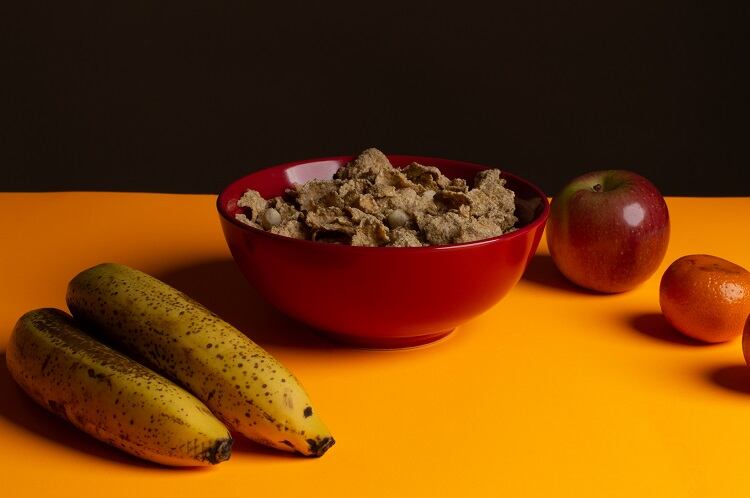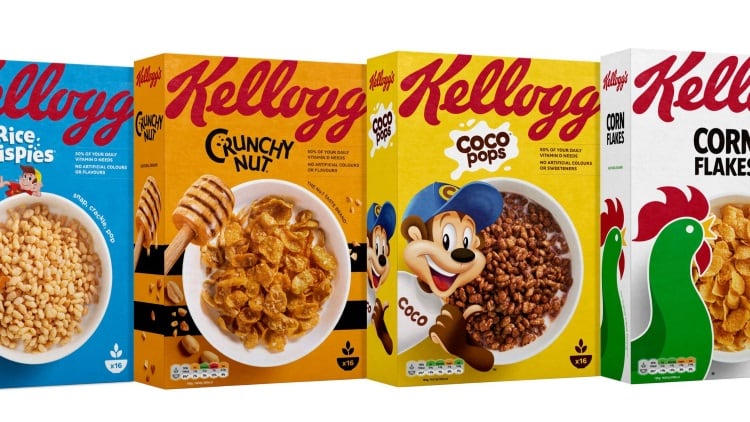The renovation means that five out of Kellogg’s seven varieties of Special K cereals are now HFSS-compliant.
While incoming HFSS laws apply to the UK only, where 2.8m people buy Special K cereal, the new recipes have also been rolled out across Europe.
“We are committed to making the best quality food and helping people to make better choices in the morning,” said Catherine Logan, Kellogg UKI Wellbeing Lead.
“It’s taken Kellogg’s food developers 12 months to reformulate the well-loved Special K cereal to include less salt but keeping the same iconic taste.”
So how did they do it?
Indeed, it was not an easy road to reformulation. In cereal, salt is used to not only add flavour, but also to enhance other ingredients within the recipe.
The company developed more than 10 recipes, selecting one that when tested with Special K fans, received a 59% approval rate.
“Our food experts in research and development analysed the sensory aspect of the food experience, specifically the way the tongue and taste buds detect the salt,” a Kellogg’s spokesperson explained.
In so doing, the company was able to redistribute the salt, so that the taste buds detect it more easily.
“This enabled us to reduce the overall amount of salt, without impacting the taste of the food,” we were told.
To achieve salt redistribution across 70% of the Special K cereal range, the company has added new equipment to its production process in Wrexham, North Wales.
Kellogg’s solution does not impact the taste or the food, nor the flavour, the spokesperson continued. “When the new recipe was tested with Special K fans, 59% preferred the new recipe.”
Kellogg’s Wellbeing Manifesto
The salt reduction follows on from The Kellogg Company’s commitment to remove at least 10% of sugars and 20% of salt from its children’s cereals across European and UK brands, under its 2021 Wellbeing Manifesto.
“Society rightly demands more from companies like ours, and everyone expects quality food to contribute equally to the good of all. We share these expectations,” said CEO of Kellogg France Olivier Kac at the time.
At the same time, Kellogg has pledged to boost the fibre content of its breakfast cereal recipes are either fibre-rich or high in fibre.
In Europe, reformulation efforts will see all Kellogg children’s cereals achieve a Nutri-Score A or B.




